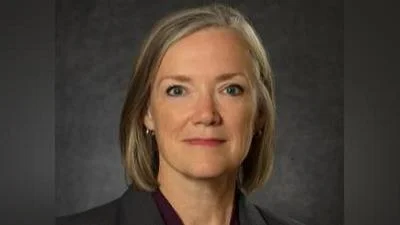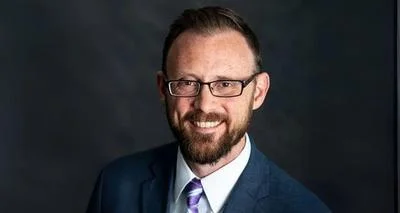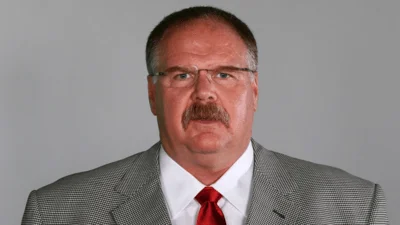Connie Farrow, executive director, Patients Come First - Missouri | LinkedIn
Connie Farrow, executive director, Patients Come First - Missouri | LinkedIn
The head of Patients Come First - Missouri (PCF-MO) said there is “growing concern” that the 340b federal drug discount program isn’t passing along drug savings to Kanas City-area patients.
“There is growing concern that the program’s lack of oversight is allowing bad actors to charge patients higher prices and pocket the difference or use the profits to invest in unrelated programs,” PCF-MO Executive Director Connie Farrow wrote in a Kansas City Star letter to the editor. “When prescription drug discounts don’t reach patients, the program is not functioning as it should.”
“We are encouraged that reforms to help address these unintended consequences are advancing in the Missouri General Assembly,” wrote Farrow. “Sen. Minority Whip John Thune also recently said progress is being made in Congress, and legislation could be released later this month.”
Established in 1992, the 340b program enables eligible hospitals and healthcare organizations to purchase outpatient medications at significantly discounted prices.
Hospitals participating in the 340B program can use the savings to fund essential services and programs, such as free or low-cost medication assistance, expanded access to healthcare, and community outreach initiatives.
Participating hospitals, however, “often extend their 340B discounts to clinics in well-off communities, where they can charge privately insured patients more than those on Medicaid,” reported the Wall Street Journal.
“In some cases, the program appears to be bolstering profits in well-off areas more than it is underwriting services in less-privileged neighborhoods,” said the Journal article.
“More than 2,600 hospitals, including 69 in Missouri, were participating in the 340B Program as of January 2023,” wrote Farrow.
Dr. Anthony DiGiorgio, a neurosurgeon and senior affiliated scholar at the Mercatus Center at George Mason University, told Show-Me State Times last month that drug discounts often aren’t passed along from the hospitals to the patients.
“Because the discount is mandatory, many drugs come out with higher list prices than they normally would, but patients pay that copay at the higher list price,” he said. “Patients are actually paying more than they otherwise would if the 340b program didn't exist.”
Naomi Lopez, senior fellow at the Goldwater Institute, said “we don’t actually know” if drug discounts are being passed to patients by organizations participating in the 340b program, reported Show-Me State Times on April 10.
“The real problem is that we don't know if they're making a huge profit, where those profits are going, or if those funds are actually going to care for the low income indigent population,” said Lopez. “We're definitely looking at billions of dollars, and we don't actually know because of the lack of transparency and accountability in the program.”
“It’s imperative that our elected officials keep the interests of Missouri’s most vulnerable patients at the forefront of all discussions concerning the 340B program because it is a lifeline for many impoverished Missourians,” wrote Farrow.
Farrow previously worked as a reporter for The Associated Press in Kansas City from 1993 to 2005. She also worked as the communications director for Missouri Coalition for Lifesaving Cures, and was a Reynolds Journalism Institute Fellow from 2012-2013.
Missouri was one of three states, including California and New Jersey, in which Patients Come First groups launched on March 18.





 Alerts Sign-up
Alerts Sign-up